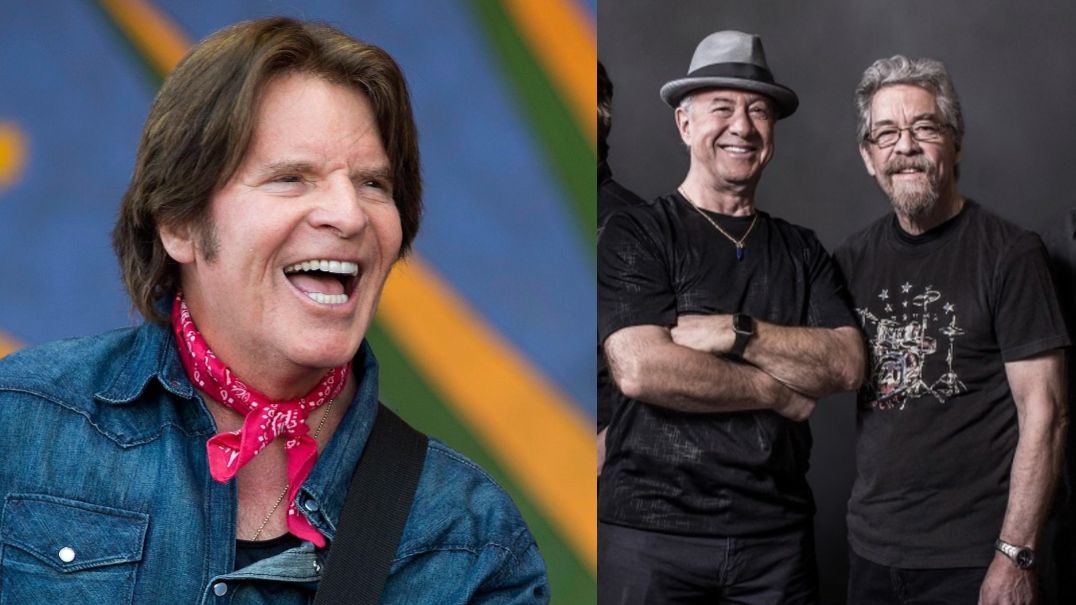Classic Rock
John Fogerty is working again with former Creedence members
One of the longest fights in rock history may have come to an end. After almost 50 years since John Fogerty left Creedence Clearwater Revival, the musician apparently returned to talk to his former bandmates.
In an interview with Billboard, bassist Stu Cook stated in relation to Fogerty that “we are no longer attacking each other”.
“We are focused on the good things about Creedence, which is where I think we should be,” he added.
Although there is no show in sight in the future, Fogerty, Cook and drummer Doug Clifford are planning a series of projects to keep the story of the Creedence Clearwater Revival alive. Among them, the expected release of the Woodstock performance, which was excluded from the 1970 documentary about the festival and also its soundtrack.
Meanwhile, the Creedence Clearwater Revisited, Cook and Clifford project, will cease to exist as soon as the previously announced dates are completed.
The band
Creedence Clearwater Revival (often referred to as Creedence or CCR) was an American rock band active in the late 1960s and early 1970s which consisted of lead vocalist, lead guitarist, and primary songwriter John Fogerty; his brother rhythm guitarist Tom Fogerty; bassist Stu Cook; and drummer Doug Clifford.
These members had played together since 1959, first as The Blue Velvets and later as The Golliwogs. Their musical style encompassed roots rock, swamp rock, and blues rock. They played in a Southern rock style, despite their San Francisco Bay Area origin, with lyrics about bayous, catfish, the Mississippi River, and other popular elements of Southern United States iconography, as well as political and socially conscious lyrics about topics including the Vietnam War.
The band performed at the 1969 Woodstock Festival in Upstate New York. The group disbanded acrimoniously in late 1972 after four years of chart-topping success. Tom Fogerty had officially left the previous year, and John was at odds with the remaining members over matters of business and artistic control, all of which resulted in subsequent lawsuits among the former bandmates.
See more News










